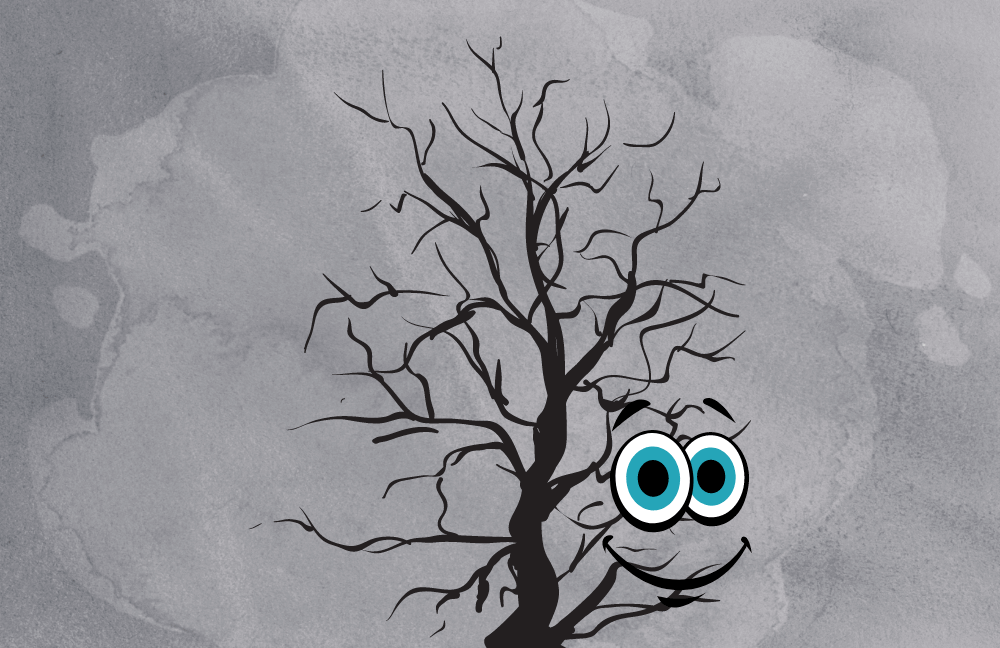Temper Tantrums
What are Temper Tantrums?
Temper tantrums are brief episodes of extreme, unpleasant, and sometimes aggressive behavior in response to frustration or anger. All kids get argumentative from time to time and it appears like they’re testing their parents’ patience. Often enough it’s also just a cry for attention, if that is otherwise lacking. What sets a temper tantrum apart from regular behavior is that the rage is out of proportion to the situation as well as age. Tantrums could occur once to several times a day and could range from a few minutes to many hours. Some tantrums involve harmless crying while at times children can get enormously destructive, and harm themselves or people and property around them.
Because tantrums are so common and every kid has them, parents are typically not aware that this can be a psychological problem that might need professional guidance. Majority of tantrums are benign, but if they persist and children do not learn prosocial behaviors as they grow, it could affect their emotional, behavioral and social development. Most parents believe that their kids will outgrow this with time. That is why many children who have temper tantrums don’t really end up getting treated for it.
Are Temper Tantrums a Problem?
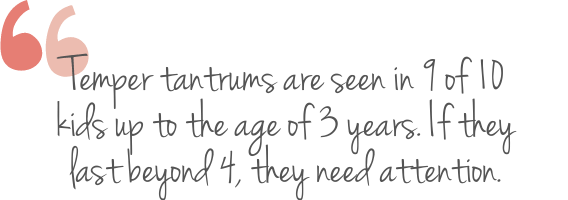
Why do Children have Temper Tantrums?
There isn’t one single reason to explain why some children develop intense tantrums. Evidence and research over the years describe a combination of biological, psychological and environmental causes. Simple things like fatigue, hunger or illness can get a child (or even adult for that matter) frustrated. Children with ADHD (Attention Deficit Hyperactivity Disorder) are impatient and might tantrum more frequently. Also, kids who have seen tantrums and arguments at home, or endured family conflict may learn that this is an accepted form of communication, and might use aggression frequently to get what they want.
Generally, kids have unique temperaments, and any child can have a temper tantrum. With time, normal children learn skills to identify their feelings, name them, and communicate them to others. They start using positive behaviors to manage negative moods, and the frequency of tantrums decreases. But kids with temper tantrums have low frustration tolerance and their notch of annoyance, discouragement, and irritation is deep. They get, and remain stuck in negative emotional states for a longer time. They cannot plan, strategize or see the bigger picture. So, they remain child-like, brash, and do not mature emotionally even with passing years. More so, if their tantrums are only met with punishment and criticism, they get antagonistic, arrogant and even more aggressive.
Presentation and Diagnosis of Temper Tantrums in Childhood
Signs of a Temper Tantrum
- Whining, crying, weeping
- Kicking, hitting, flailing arms
- Breath holding, turning blue
- Pinching, or hurting others
- Shouting, yelling, swearing
- Tensing the body very tight
- Not responsive to anything
- Regularly repetitive pattern
When You Need to Seek Help
- Tantrums persist beyond age 4
- Injuring someone in a tantrum
- Breaking or destroying things
- Hurting or harming somebody
- Causing any harm to an animal
- Fainting after breath holding
- Headache and/or stomachache
- Parents getting very frustrated
Untreated Tantrums
- Low tolerance to frustration
- Limited patience for learning
- Poor academic performance
- Low self-esteem, depression
- Impaired peer relationships
- Social deficit, poor friendships
- Incomplete, impaired identity
- Unable to attain their potential
Tantrum Treatment Goals
- Managing parental frustration
- Breaking the tantrum cycle
- Teaching prosocial behaviors
- Using reinforcement methods
- Making time out work for you
- Helping children know emotions
- Building frustration tolerance
- Setting good examples for kids
Management of Temper Tantrums
The key to handling a temper tantrum is to remain calm, ignore the unruly behavior, and teach your child how to handle frustration. Punishment isn’t an option. Essentially, preventing the tantrum is the ultimate goal. Children do not enjoy the tantrum either, they do it for attention and to get what they are otherwise denied. They simply don’t know better. So, we need to teach them how to communicate rightly, moderate their expectations, be socially appropriate and work harder towards earning their rewards.
Many children with temper tantrums also tend to have other conditions such as an anxiety disorder or depression. Talking to them (talk therapy) about their behavior and emotions, especially older children, helps. It’s good to let them know that it’s alright to feel a negative emotion or frustration, but insist that there are better ways to do something about it. Medication may be recommended if kids get too aggressive, but generally, working with non-medicinal techniques helps children manage emotions better.
Behavior therapy is claimed to be really nothing but common sense parenting – more so in younger children. Simple tips like setting house rules, maintaining a routine, ensuring sufficient sleep, limiting screen time, and performing everyday tasks together; all help establish structure and promote prosocial behavior. Most importantly, as a parent, it’s imperative to not get worked up about the tantrum, not react emotionally, be consistent with the home behavior modification plan, and seek timely and regular guidance from a supportive and empathic expert.
Support for Managing Temper Tantrums
Changing well established negative behavior patterns in children is not easy. Parents too might find it challenging to modify their automated reactions to their child (typically frustration). With ongoing support, tantrum monitoring, modifying environmental triggers, assertiveness and social skills training, impulse control and relaxation training, and mindful parenting, children and parents get geared to deal with frustration better. Parent education, behavior therapy, cognitive therapy and other specialized child therapy interventions maximize the child’s physical, social, academic and emotional development.
Dr Shefali Batra was interviewed by VERVE Magazine on Demystifying Mental Health. She explained the applicability of different therapies and how they help. She also spoke to the Free Press Journal along with other experts, explaining the importance of optimal parenting strategies for helping children. She is a Feature Writer in India’s Teen Zine called Teenager Today.
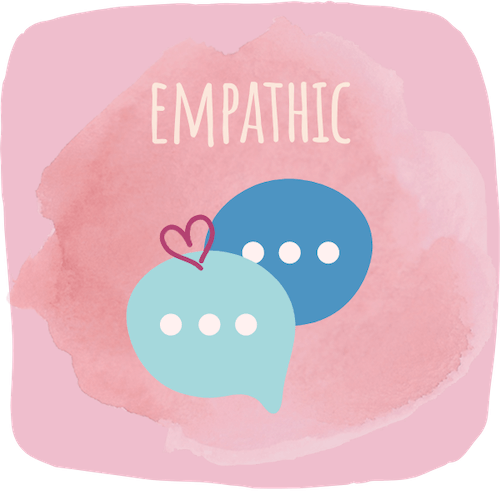


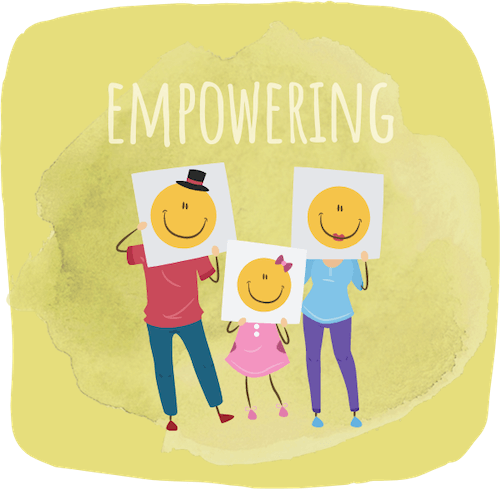
References
- Sisterhen, L. L., Wy PAW. (2020). Temper Tantrums. Treasure Island (FL): StatPearls Publishing.
- Daniels, E., Mandleco, B., Luthy, K. E., (2012) Assessment, management, and prevention of childhood temper tantrums. J Am Acad Nurse Pract; 24(10):569-73.
- Potegal, M., Davidson, R. J., (2003). Temper tantrums in young children – Behavioral composition. J Dev Behav Pediatr; 24(3):140-7.
Latest Posts

7 Reasons Why You Should Seek Therapy
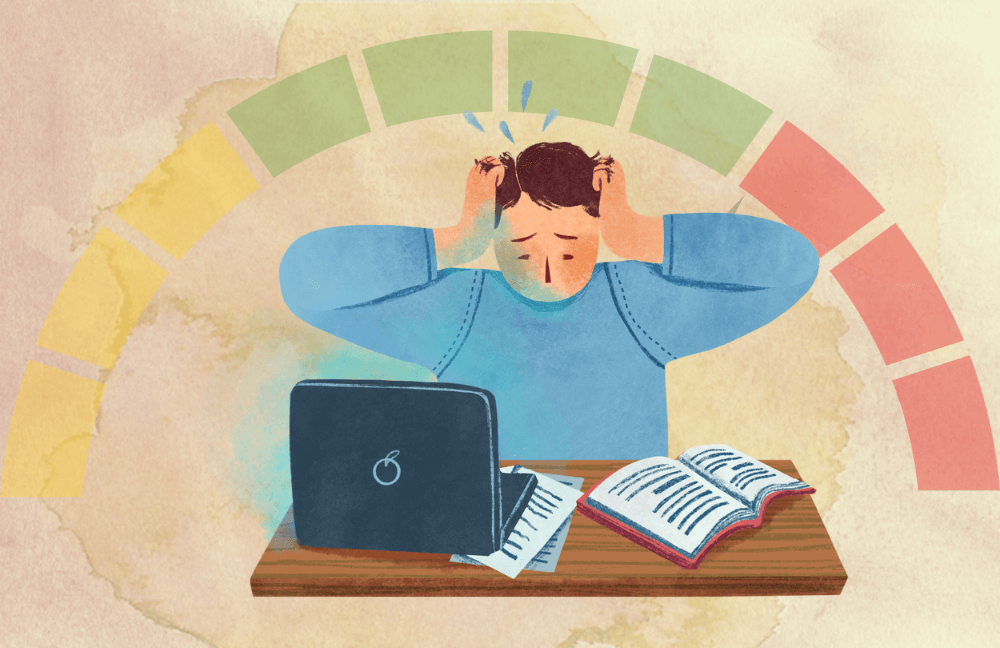
7 Questions About Workplace Stress Answered
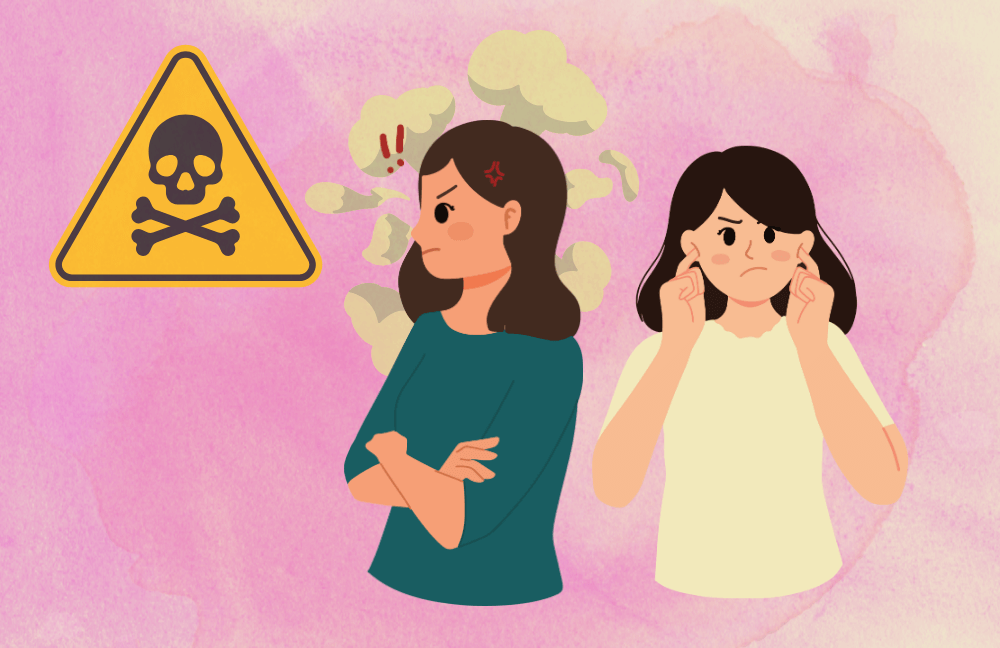
5 Ways To Deal With A Toxic Coworker
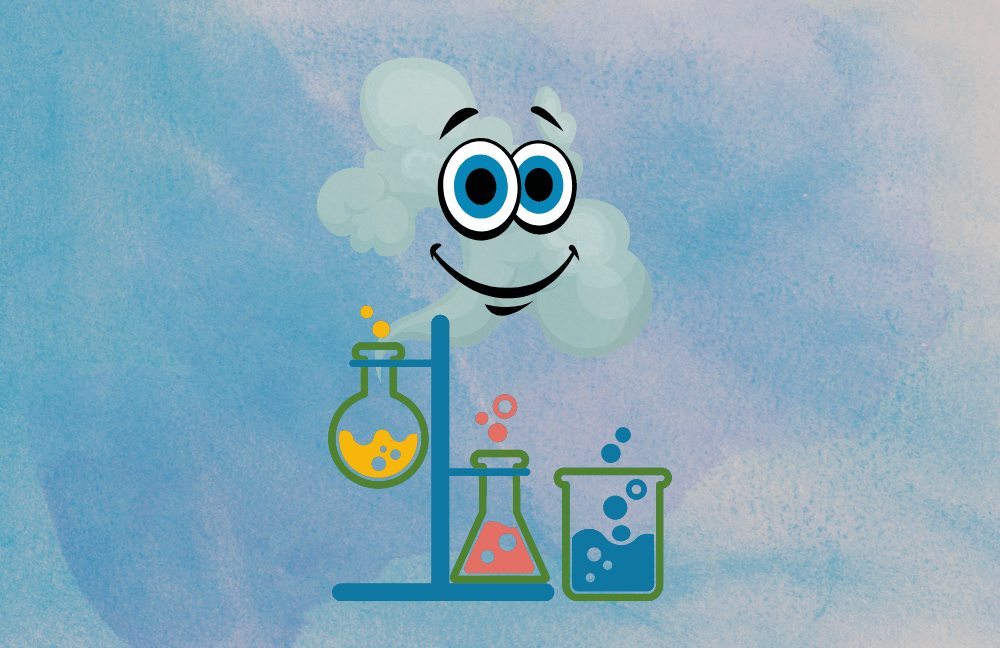
Science of Happiness: 1000s Of Years Of Research
